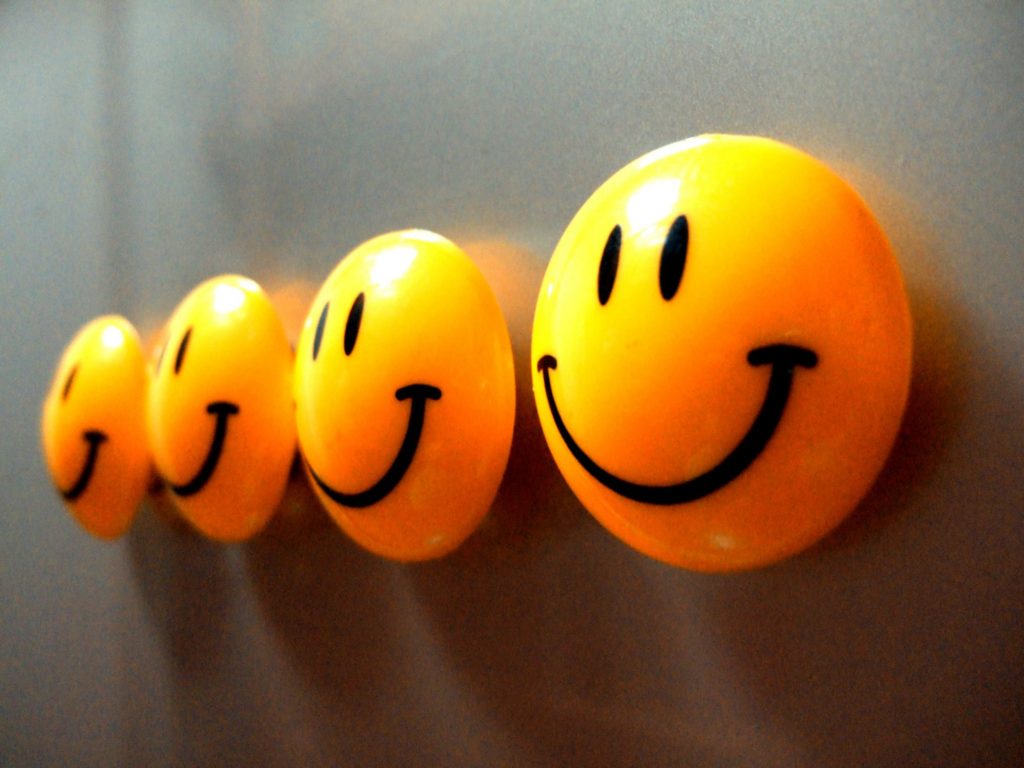The World Happiness Report 2022 has just got published. India ranks 136th in this list indicating it is among the unhappiest countries of the world, a few notches ahead of Afghanistan which is at the bottom of the report released by the UN. Totally, 146 countries are covered by this report. The report makes it clear that the countries which are at the bottom are found to be living in societies that suffer from conflict and extreme poverty. This presents a stark reminder of the “material and immaterial” damage that social conflict and war cause to its many victims and the fundamental importance of peace and stability for human well-being.
Among the South Asian nations, Nepal’s rank is 85 against Bangladesh’s 94, Pakistan’s 121, Sri Lanka’s 127, China’s 72 while Taliban-ruled Afghanistan is the lowest at 146. Finland tops the list for the fifth time in a row.
Published by the United Nations Sustainable Development Solutions Network, the World Happiness Report makes an assessment of the levels of happiness using the parameters of GDP, social support system, personal freedom and levels of corruption in each nation. The claims made by the ruling dispensation of India that it is managing the country’s economy and inclusive growth far better than previous governments fall flat when viewed in the context of the UN report. For, whatever official statistics on the country’s economy are put forward by the government, the undeniable fact is that unemployment level has gone up. So also, poverty has increased after demonetisation and continuous social strife has undermined the sense of individual security and freedom. The government’s record of social support is highly discouraging, to say the least, as less and less funds are being provided for schemes intended to support the weaker sections of society.
What is significant is that the rating comes at a time when the ruling party at the Centre has swept the polls in four states clearly indicating that the people in these states spread across the country appear to be happy with the way the government is running the country. The top leadership of the ruling party, including the Prime Minister, has exulted over the poll results claiming that they reflected the faith of the people in the ability of the “double engine” government, meaning the government run by the BJP at the Centre and the four states, to bring the fruits of development to them. But the Happiness report states that India is one among the countries that witnessed over the past 10 years a sharp fall in life evaluations. The report’s measurement of subjective well-being relies on three main well-being indicators – life evaluations, positive and negative emotions. Happiness rankings are based on life evaluations as the more stable measure of the quality of people’s lives. Special attention was given to specific daily emotions to better track how COVID-19 has altered different aspects of life.
The report also provides food for thought as to whether election results are at all a faithful indicator of government’s performance in raising the level of the quality of life. Managing elections and media headlines is one thing and ensuring happiness of people is another.
Finland has been named the happiest country and it is followed by Denmark, Iceland and Switzerland. A key finding is that the Scandinavian countries have fared well because their governments are found to be relatively free from corruption, while the people in general lay more emphasis on better social relations than on material prosperity and higher GDP growth. The concept of ‘hygge’ emanates from Scandinavia. This Danish word refers to a mood of coziness and comfortable conviviality with feelings of wellness and contentment. This 20th century concept focuses on cherishing the little things in life as opposed to joining the rat race for material gains.
The United States rose three places to 16th, one ahead of Britain, while Canada fell 10 spots – from fifth last year to 15th this year. France climbed to the 20th, its highest ranking yet. Warring neighbours Russia and Ukraine have been ranked 80 and 98 respectively. The rankings of the report, however, were compiled before Russia launched the invasion in Ukraine.
An important feature of this year’s report is that it used data from social media to compare people’s emotions before and during the COVID-19 pandemic. The authors found “strong increases in anxiety and sadness” in 18 countries but a fall in feelings of anger. The bright light that the report has found in the state of happiness across the globe in this troubled time of war and pandemic is that there has been an increase in social support and benevolence. The pandemic has not only brought pain and suffering, but has created a situation in which people have buried their differences so as to help one another tide over the unprecedented crisis. The report notes with satisfaction that as humans battle the ills of disease and war, they have also displayed the universal desire for happiness and the capacity of individuals to rally to each other’s support in times of great need.
That appears to be a much needed silver lining in the quest for happiness in the gloomy times of the crisis of a century, war-mongering and divisive politics.
